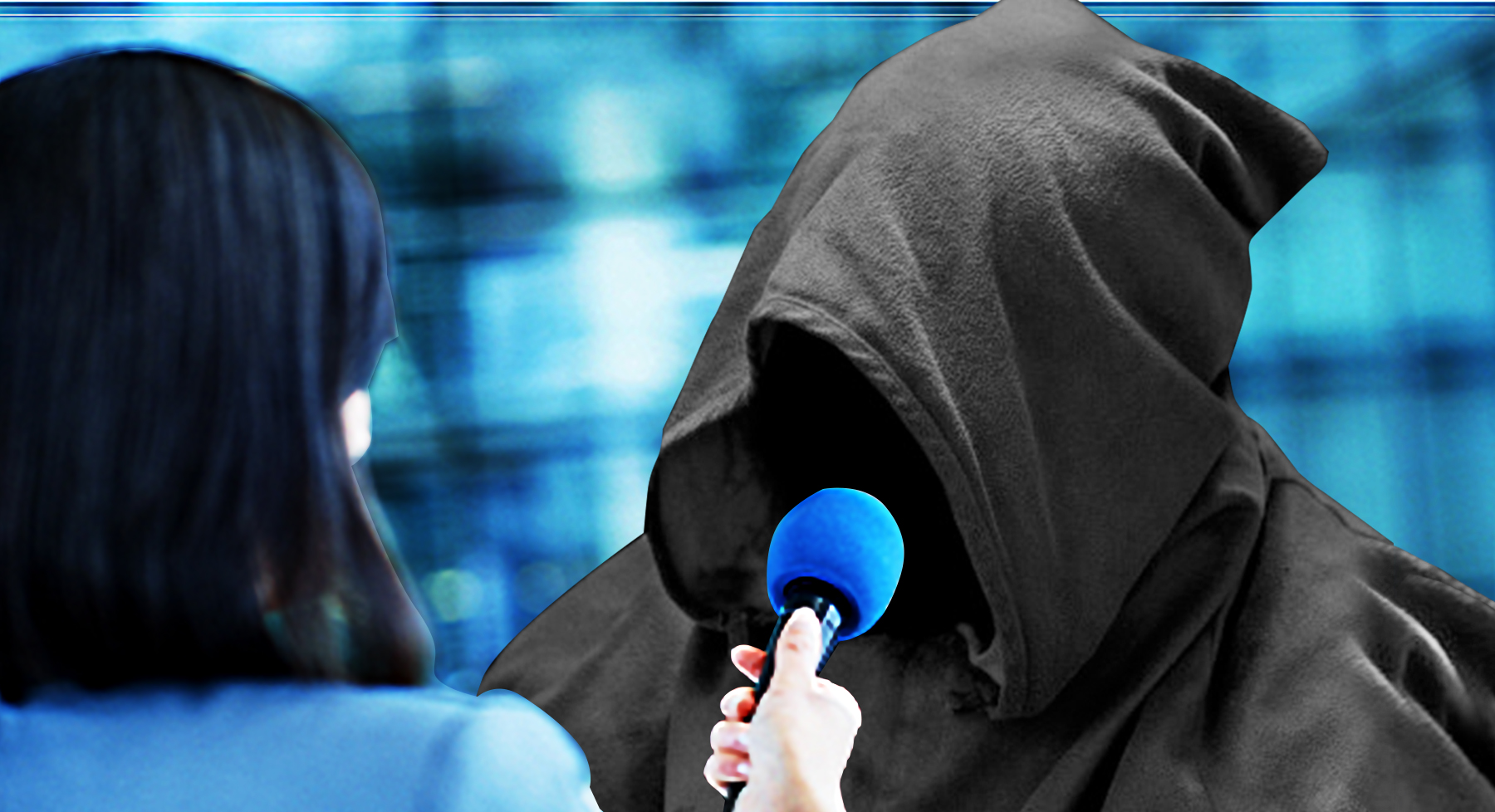Protection of journalists’ sources now legally regulated in The Netherlands

THE NETHERLANDS/PHILIPSBURG — The legislative proposal of Minister Grapperhaus (Justice and Security), which provides legal protection for journalists who choose not to reveal their sources, was adopted today by the First Chamber. The regulation, which goes into effect on 1 October 2018, is a recognition of the special position that journalists and publicists have in our society and the free news gathering.
In practice, it means that journalists as witnesses in a criminal case do not have to answer questions about the identity of their source. Normally a witness is obliged to answer. But the public interest that people should be able to turn to journalists with information without being afraid of persecution, weighs heavier in general. The judge ultimately determines whether the appeal to source protection is justified. There may be special circumstances where the revealing of that source is even more important and necessary for dealing with very serious offenses. For example, with consequences for national security or the safety of persons.
Furthermore, this legislative proposal ensures that the use of coercive measures against journalists and publicists in a criminal case is subject to stricter rules. This means that searching and confiscating equipment and written works at the offices of, for example, the editorial department of a newspaper or magazine, is only possible after permission and in the presence of a supervisory judge and no longer on the authority of the public prosecutor. Also requesting traffic data about telephone conversations that a journalist has conducted with the intention to trace his source is not permitted without authorization from the examining magistrate.


























